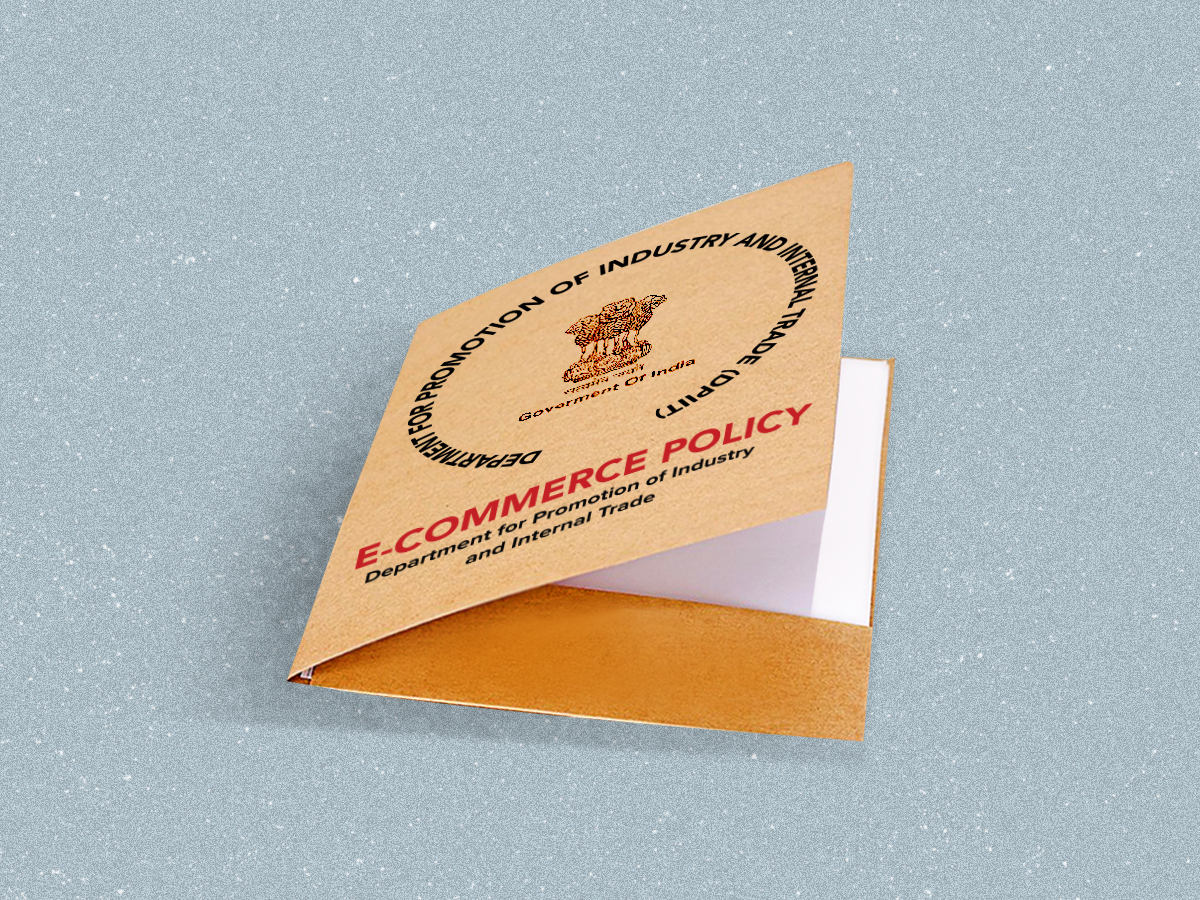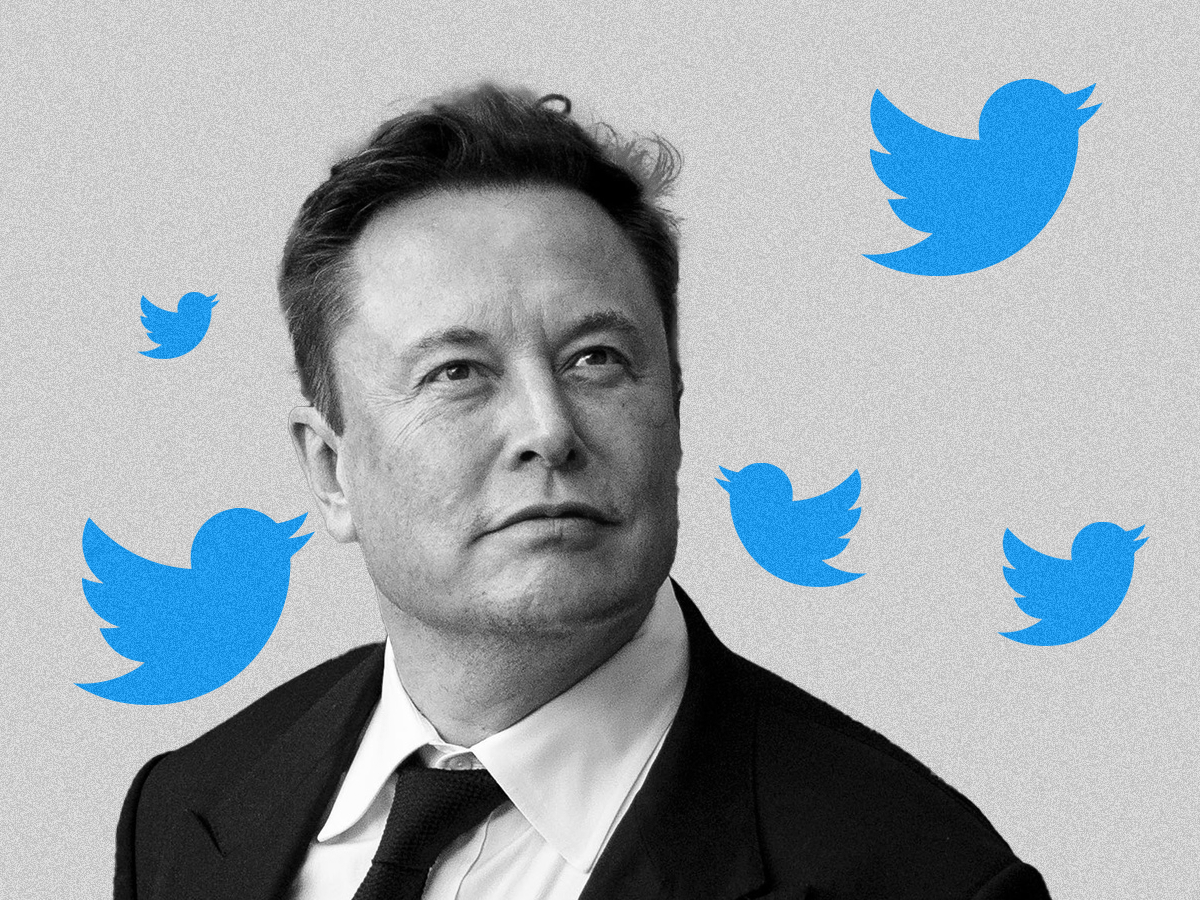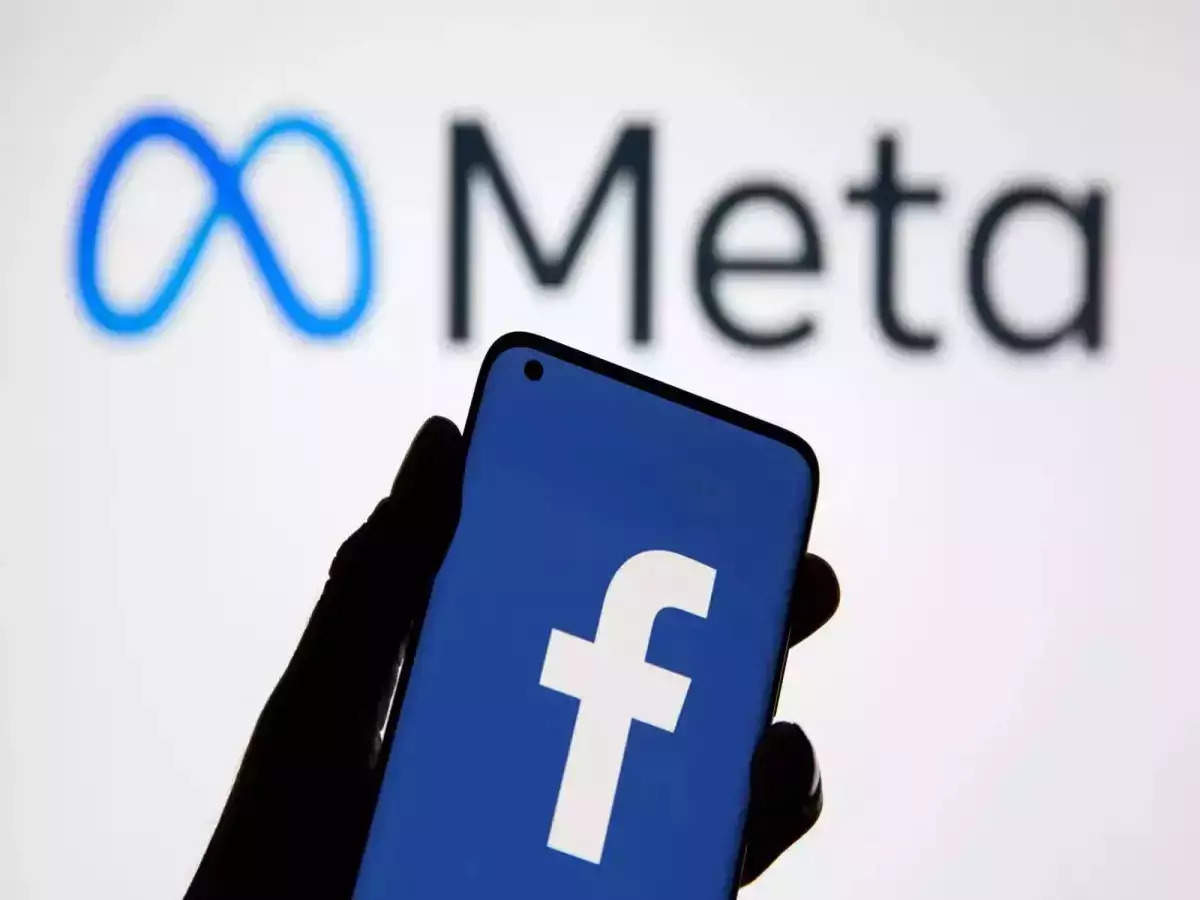Credit: Giphy
Also in this letter:
■ AlphaSense raises $225 million, and other done deals
■ India to invest $30B on chip infrastructure: top diplomat
■ Musk to confirm intention to buy Twitter at employee meeting: report
Ecomm policy should apply equally to Indian, foreign firms: parl panel

The Indian government should address ecommerce concerns related to antitrust, deep discounting and preferential treatment of sellers regardless of whether the platform in question is Indian or foreign-owned, a parliamentary panel on ecommerce has said.
“A holistic framework that addresses these issues, irrespective of the marketplace being funded by foreign or domestic entities, is the need of the hour,” the panel’s report said.
Recommendations: The committee noted that the foreign direct investment (FDI) policy on ecommerce was “limited” in addressing anticompetitive practices such as “self-preferencing, lack of platform neutrality, deep discounting, exclusive agreements and preferential treatment to selected sellers.”
- It added that a time-bound investigation mechanism is needed “to address the fast paced digital market and ensure that unfair market practices do not occur due to sluggish investigation process”.
- The report recommended that the Department for Promotion of Industry and Internal Trade (DPIIT) work out a comprehensive framework for ecommerce and include it in the National Ecommerce Policy.
- It also said the marketplace and inventory models of ecommerce should be clearly defined.
- The committee added it was “surprised at the undue delay” in updating India’s competition laws to reflect the changing nature of digital commerce.
The report was prepared after hearing views from various stakeholders, including DPIIT, the Ministry of Commerce and Industry, the Ministry of Finance, Vidhi Centre for Legal Policy, the National Restaurant Association of India (NRAI), logistics player Ecom Express, and various state governments.
ETtech Done Deals

■ Market intelligence and search platform AlphaSense said it has received $225 million in a financing round led by the growth equity business within Goldman Sachs Asset Management, and Viking Global Investors. The financing values the company at $1.7 billion, which is nearly twice the valuation from its $180 million Series C funding in September 2021, also led by Goldman Sachs and Viking Global.
■ Ecommerce roll-up firm Goat Brand has raised $50 million in a mix of equity and debt financing. New investors Winter Capital, 9Unicorns, Venture Catalysts, Vivriti Capital and Oxyzo participated in the round, as did most existing investors, the company said in a statement. Flipkart Ventures and Tiger Global are among its existing investors. We first reported in April that this deal was in the works even as the frenzy around roll-up ecommerce had subsided.
■ Employee benefits and insurtech platform Pazcare has raised $8.2 million in a funding round led by Jafco Asia at a $48 million valuation. Existing investors 3One4 Capital and Beenext also participated in the round. Pazcare will use the funds to improve its product line and expand its business. It has raised $12 million in total to date.
■ DAOlens, a business-to-business (B2B) decentralised autonomous organisation (DAO) service provider, has raised $5 million (about Rs 39 crore) led by Nexus Venture Partners. Better Ventures and iSeed II also participated in the round, along with angel investors including Balaji Srinivasan, Sandeep Nailwal, Raj Gokal, Gokul Rajaram and Kunal Shah.
India to invest $30 billion on chip infrastructure, says top diplomat
Amid the ongoing global chip shortage, India will invest $30 billion to restructure its IT sector and build up a semiconductor supply chain, Gourangalal Das, director-general of the India-Taipei Association, told Nikkei Asia.
The investment is aimed at boosting local production of semiconductors, displays, advanced chemicals, telecom equipment and batteries.
Cost structure: Of the $30 billion, $10 billion will be used to build two chip facilities and two display plants; $7 billion will go towards electronics manufacturing; while the remaining $13 billion will be invested in affiliated services such as telecommunications and battery cells.
Quote: “There is a rise in demand for semiconductors. By 2030, India’s semiconductor demand will reach $110 billion. So by that time, it will be over 10% of global demand,” Das said.
Conglomerates such as Tata and Vedanta have previously shown interest in helping India achieve self-sufficiency in chip manufacturing.
Tweet of the day
Musk to confirm intention to buy Twitter at employee meeting: report

Elon Musk, the world’s richest man, will reiterate his commitment to complete his $44 billion acquisition of Twitter at a meeting with the company’s employees on Thursday, according to a report in the Wall Street Journal.
A vocal critic of remote working culture, Musk will also clarify his recent comments on the company’s work culture and outline his strategy for Twitter — including the role of advertising and subscriptions.
Stuck deal: Musk’s Twitter takeover has been in limbo for over two months now. He had previously announced he was “halting” the deal over a lack of clarity on the number of fake accounts on the platform, and recently threatened to drop to deal altogether.
Meanwhile, Musk is appealing a judge’s refusal to end his 2018 agreement with the US SEC, which requires him to get his tweets scrutinised by a Tesla lawyer every time he tweets about the electric car maker.
Tweak algorithms to be more like TikTok, Facebook tells employees

Facebook plans to beat TikTok by becoming more like… TikTok.
Driving the news: According to an internal memo obtained by The Verge, the company’s executives have asked employees to tweak its algorithms to make it more like the Chinese short video platform.
“Rather than prioritise posts from accounts people follow, Facebook’s main feed will, like TikTok, start heavily recommending posts regardless of where they come from,” Tom Alison, a Meta executive in charge of Facebook, wrote in the internal note.
The company is also merging its Facebook and Messenger apps, eight years after splitting them, to mirror TikTok’s messaging functionality.
Short video battle: The rapid rise of short videos over the past few years saw TikTok clock around a billion monthly active users last September. It expects this number to cross 1.5 billion some time this year. Google’s Youtube Shorts, launched two years ago, already has 1.5 billion monthly active users, according to Techcrunch.
No similar data is available for Reels, although Facebook saw a decline in its daily active users for the first time earlier this year.
Today’s ETtech Top 5 newsletter was curated by Zaheer Merchant in Mumbai and Ruchir Vyas in New Delhi. Graphics and illustrations by Rahul Awasthi.
























